|
If you can’t see this email correctly, please click here. |
|||
 |
June 2020 |
||
|
|
Unpublished |
|
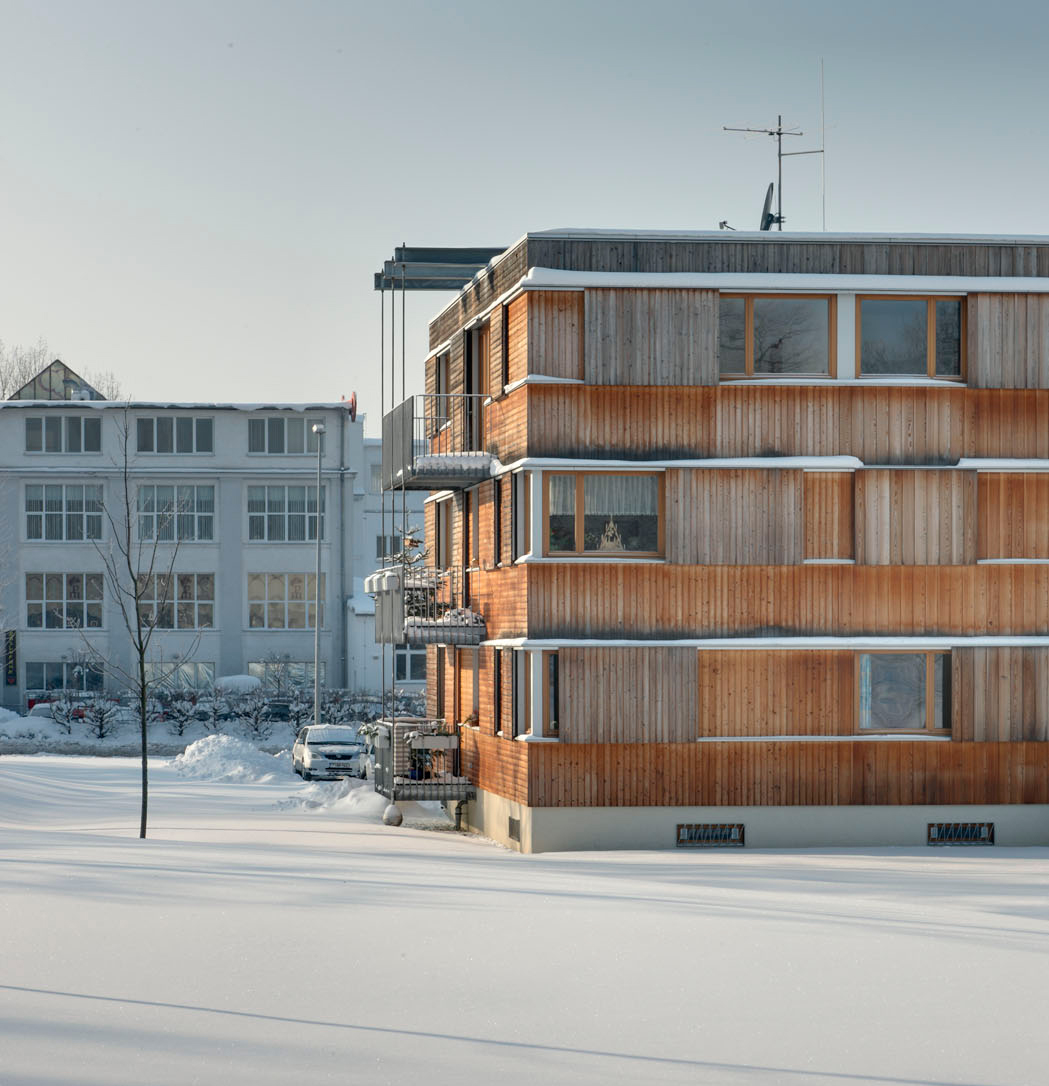 | ||
Housing in Chemnitz, Germany |
||
|
A cube, with four façades. Two, urban: hard, stony. Close to the building of the German Central Bank (Bundesbank), also our work, it had to dialogue with it, go unnoticed and relate to the park around it. Josep Lluís Mateo |
||
|
|
|
|
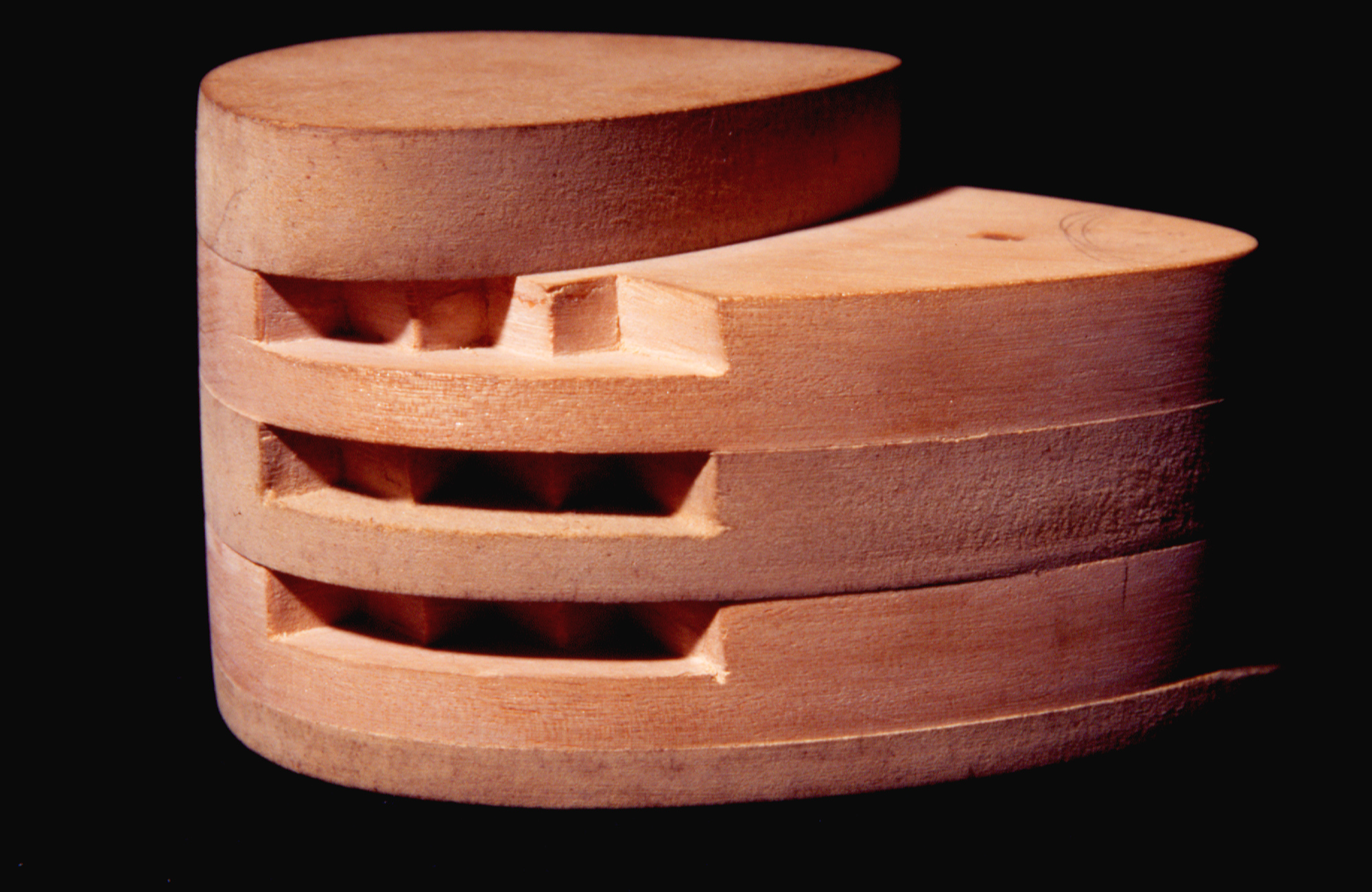 | ||
Velserbroek, in the distance |
||
|
Sometimes there are works that, though you can appreciate them and you devoted yourself to them like all of your works (it is not in my interest not to involve myself), somehow remain on the fringes of your career. This is the case of Velserbroek, a small residential building in Holland. Josep Lluís Mateo |
||
|
|
Ephemeral |
|
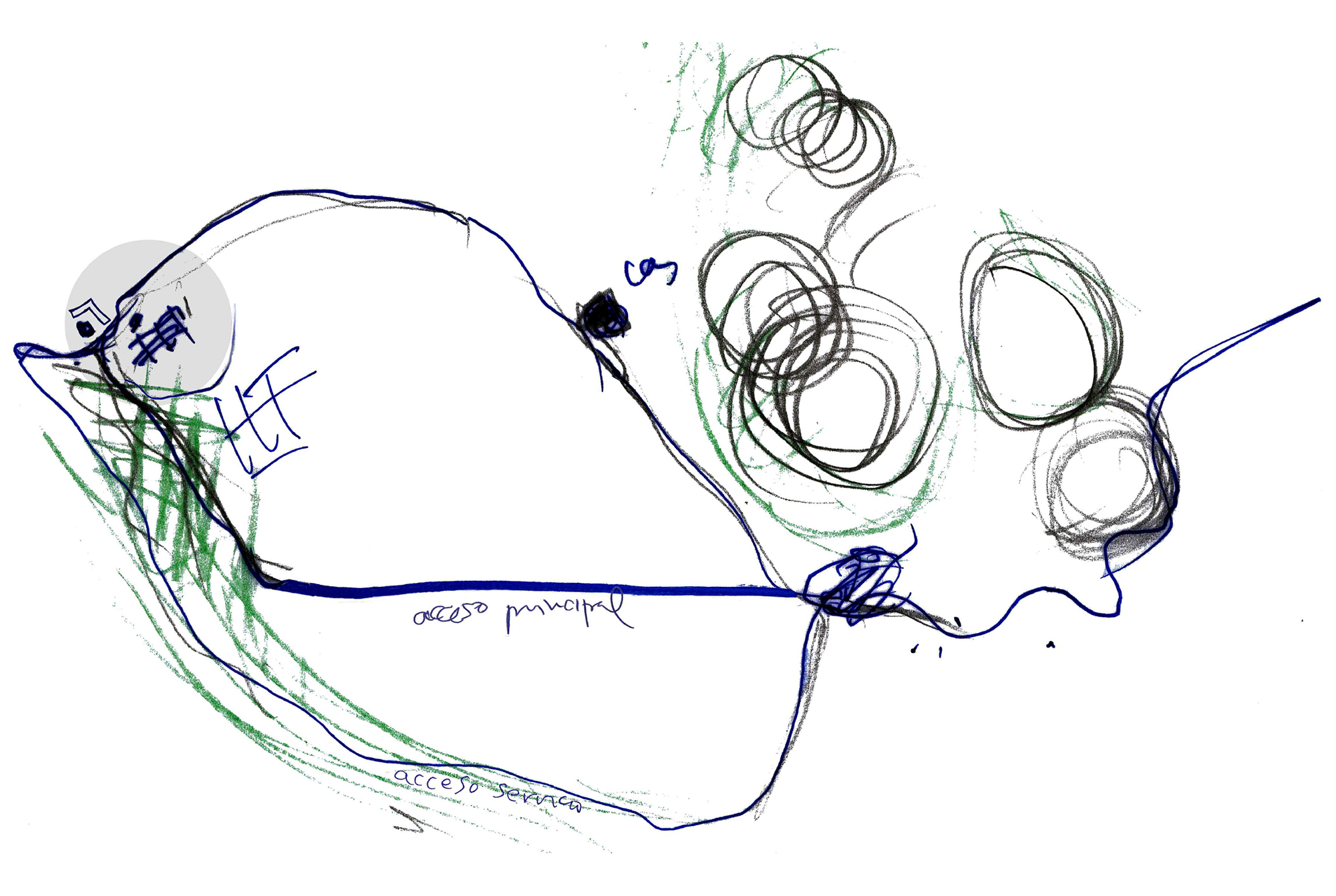 | ||
Moray |
||
|
Projects and their construction mean facing a long period of time, which can seem eternal. |
||
|
|
Theory |
|
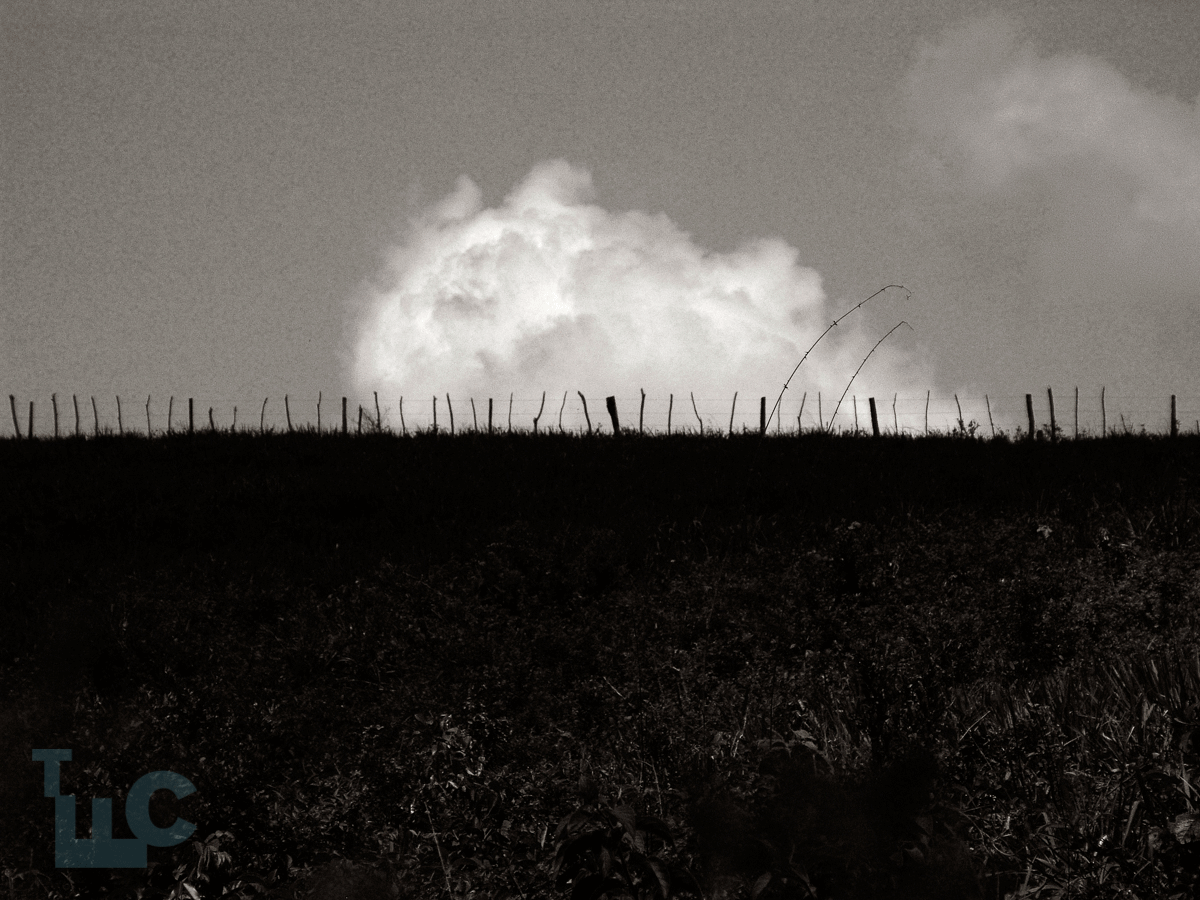 | ||
Josep Lluís Mateo reflects on the darkness in Toni Catany’s images |
||
|
Surveying Toni Catany’s images of the Venezuelan estate of El Silencio and reading his text on the subject, while listening to Frederic Mompou and his Silent Music (“The silent music, the sonorous solitude”, John of the Cross), I thought of a related theme, directly associated with the photographer, which this series clearly tables. |
||
|
|
|
|
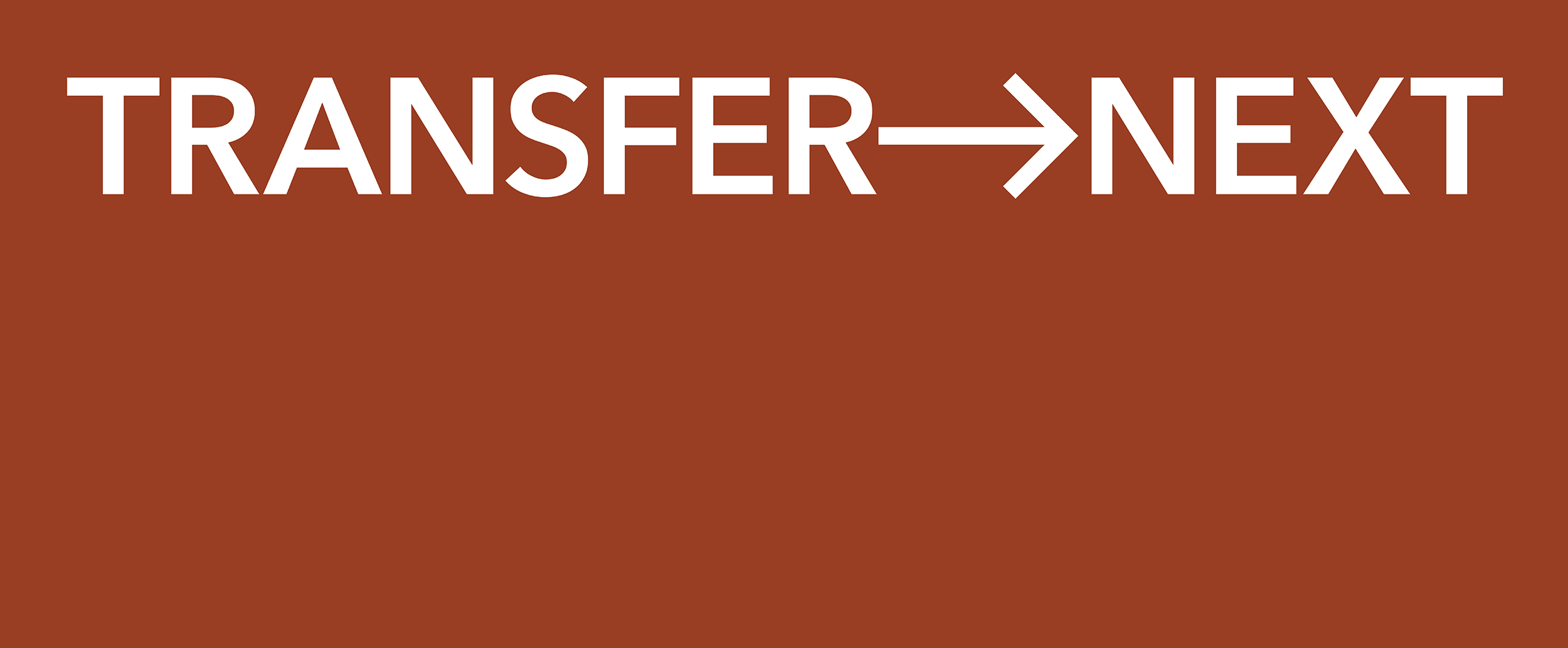 | ||
A Break for Critical Thinking. Physical Confinement and Freedom of Imagination |
||
|
The global pandemic has concretized the crucial call for alternative ways of thinking and acting. The current confinement is teaching us that imagination is our ultimate mode of freedom. |
||
|
Teodor
Roviralta, 39 |
|||
|
If at any time you wish to stop receiving our emails, you can unsubscribe here |
|||